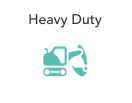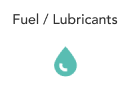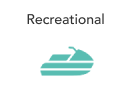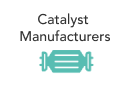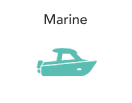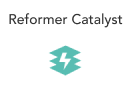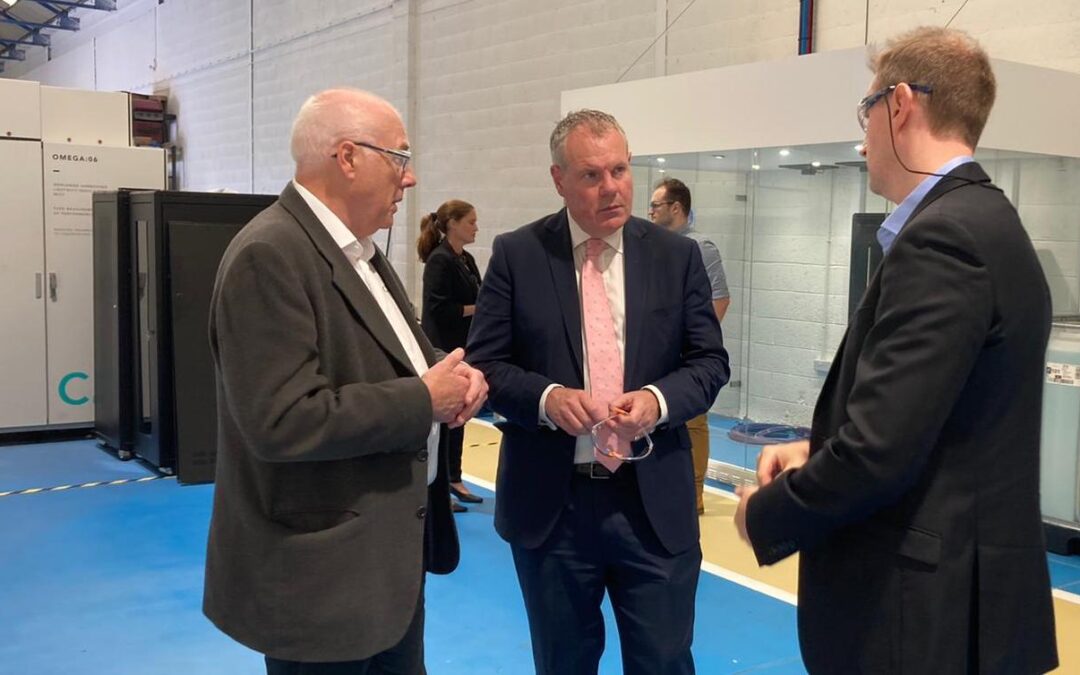(Pictured the Rt. Hon. Conor Burns MP and Minister of State for Northern Ireland with CATAGEN’s Founders Dr Andrew Woods CEO and Professor Roy Douglas CTO)
BEIS funding will help accelerate research and testing to sustainably power the sectors that are hardest to decarbonise.
CATAGEN, a leading zero emissions and air quality technology company, has been awarded a new grant by the UK’s Department for Business, Energy, and Industrial Strategy (BEIS) funded through the Net Zero Innovation Portfolio (NZIP) to help accelerate and scale the production of Bio-Hydrogen in the UK.
The Belfast-based company has successfully developed a range of net zero technologies focused on cleaning and decarbonising the air, as part of its mission to deliver greener and healthier environments. Air pollution remains the biggest environmental threat to health in the UK, causing more than 30,000 deaths every year[1].
In the last year alone, the company has successfully patented five new technologies, including a novel production method to sustainably create Bio-Hydrogen from a biomass source. The production of hydrogen from sustainable biomass and waste represents a key hurdle in the realisation of a green hydrogen economy, with cost, technological and operational challenges to address. The proposed CATAGEN solution has the potential to produce renewable bio-hydrogen from waste biomass with cost and emissions efficiencies.
Dr Andrew Woods, CEO at CATAGEN said: “The world urgently needs alternatives to fossil fuels, but not all sectors can be electrified. We welcome the government’s backing at this vital time as we continue to grow our team to meet the greatest challenge of our time. With our five new patents secured, we are focused on accelerating our efforts to prove and then deploy innovative new generators to create Green Hydrogen, Bio-Hydrogen and E-Fuels. As well as offering an enormous economic opportunity for the region, deploying these technologies at an industrial scale will help to address the challenge posed by increasing energy costs and the rising and very real threats posed by climate change.”
Energy Minister, Greg Hands, said:
“Accelerating home-grown renewables like biomass is a key part of ending our dependency on expensive and volatile fossil fuels. This £37 million of government investment will support innovation across the UK, boosting jobs whilst ensuring greater energy security for years to come.”
BEIS is funding this project through the Hydrogen BECCS (bioenergy with carbon capture and storage) Innovation Programme. CATAGEN is one of the fastest growing technology companies in Northern Ireland and is using its specialist emissions expertise “to clean and decarbonise the air” by developing new products to impact Net Zero and climate change. Established in 2010, CATAGEN has doubled its workforce in the past year and is aiming to double again over the next year.
ENDS
[1] https://www.gov.uk/government/news/public-health-england-publishes-air-pollution-evidence-review#:~:text=Air%20pollution%20is%20the%20biggest,attributed%20to%20long%2Dterm%20exposure.
Notes:
CATAGEN provides a range of emissions tests for aftertreatment systems to leading global auto and motorcycle companies, replicating what an engine can do for:
– Standard gasoline or diesel
– Hybrid powertrains
– E-Fuels, hydrogen combustion, biofuels, ethanol engines or natural gas engines
As aftertreatment emissions specialists CATAGEN are delivering advanced solutions that will have direct impact on our cities and air quality. Reducing tailpipe emissions remains one of the biggest challenges facing the global automotive industry. Reaching a solution involves precision testing and we have unrivalled expertise through our research, software and patented testing technology.
This expertise is now leading to the development of new Net Zero Technologies to further reduce emissions including the production of green hydrogen, e-fuels and a personalised emissions data platform that will track the emissions pollution created by a user’s vehicle.
CATAGEN has received 5 awards from the Department for Business, Energy & Industrial Strategy’s Net Zero Innovation Portfolio:
BEIS’s Hydrogen BECCS (bioenergy with carbon capture and storage) Innovation Programme.
- Creating Bio-Hydrogen from Biomass
The proposed CATAGEN solution has the potential to produce renewable biohydrogen from waste biomass with efficiencies in costs and CO2. This project aims to determine the feasibility of developing new capabilities and technologies to develop such a solution.
BEIS’s Red Diesel Replacement Competition
- High Pressure Hybrid Pumping System for Hydrogen Storage and Dispensing
This project looks to develop an alternative approach that overcomes issues with current methods of delivering high pressure hydrogen for storage, transportation and dispensing at fuelling stations with a new system and process. Existing methods employ large gaseous compressors with intercoolers to deliver hydrogen gas. These methods are relatively inefficient, expensive to manufacture and display various operational issues in use, such as overheating and high fuelling times.
- E-fuel as a drop-in replacement for red diesel
The project is to determine the feasibility of developing new capabilities and technologies to combine with known recirculating gas reactor test technology to yield a production machine and process that can produce an easily transportable green Ediesel. This new process will utilise green hydrogen and CO2 sequestered from the air as feedstock, with the proposed new technology production reactor and process to be powered using renewable electricity resulting in a carbon NET ZERO process. The output of the project will mean Ediesel can be produced at a renewable energy site alongside green hydrogen production.
BEIS’s Low Carbon Hydrogen Supply 2 Competition
- Low cost production of green hydrogen gas using enhanced recirculating gas reactor technology
This project combines CATAGEN’s recirculating gas reactor technology to create a production machine for high-efficiency green hydrogen production. The process uses water as the net feedstock and renewable electricity enabling zero-carbon H₂There are no electrolysers used in this process; the proposed CATAGEN Green Hydrogen Generator uses a multi-stage thermochemical process in a recirculating reactor to split water with an energy cost of less than 55 kWh/kgH₂. In addition, the proposed solution has an estimated CO₂ saving of 2.8 kgCO₂/kgH₂ during production compared to electrolysis.
The output of the project will mean green hydrogen can be produced with reduced energy input, reduced operating costs and lower capital expenditure compared to conventional methods. Further efficiencies are possible due to the high thermal inertia proposed with such a system, allowing maximum energy utilisation from fluctuating power supplies. This means renewable energy can be better utilised for hydrogen production and the cost of production reduced. As experts in recirculating gas reactor technology, CATAGEN is ideally placed to develop this technology taking it through to production.
- Low-Cost Production of Liquid Hydrogen Fuel Carrier Using Enhanced Recirculating Gas Reactor Technology
The objective of this project is to determine the feasibility of developing new capabilities and technologies to combine with known recirculating gas reactor test technology to yield a production machine and process that can produce green syngas with a subsequent second stage reaction to a high density, easily transportable green e-fuel (such as a long chain hydrocarbon). This new process will utilise green hydrogen and CO₂ sequestered from the air as feedstock, with the proposed new production reactor and process to be powered using renewable electricity – resulting in a carbon net-zero, hydrogen-based fuel which can be utilised to help decarbonise existing fleet and difficult sectors such as marine and aviation.
The calculated energy to generate 1kg of e-gasoline using this method is 6.5kWh, which is comparable to the energy for compression of 1kg of H₂ for high pressure storage, and ≈10% of the energy required to generate 1kg H₂. The output of the project will mean e-fuel can be produced at a renewable energy site alongside hydrogen production.
About BEIS
Department for Business, Energy & Industrial Strategy
This funding has been made available from the government’s £1 billion Net Zero Innovation Portfolio, which aims to provide funding to support innovation in hydrogen BECCS (bioenergy with carbon capture and storage) technologies. Hydrogen BECCS aims to accelerate the commercialisation of innovative clean energy technologies and processes through the 2020s and 2030s.
https://www.gov.uk/government/publications/hydrogen-beccs-innovation-programme
More CATAGEN Content:


